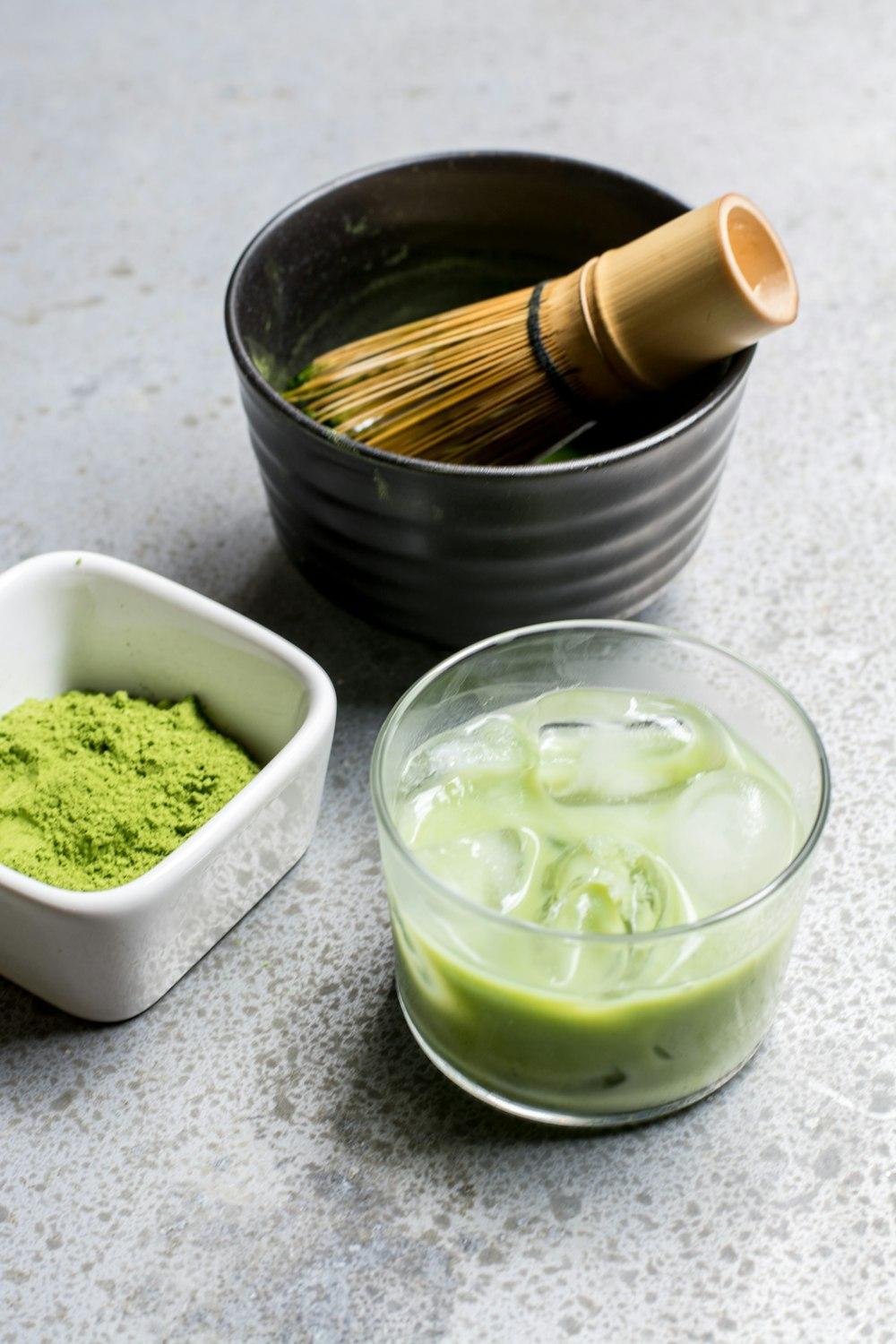Kratom is a plant native to Southeast Asia that has been used for centuries by indigenous people in the region for its beneficial properties. In recent years, Kratom has gained popularity in North America as an all-natural alternative for promoting health and wellness.
While research is still ongoing, many users report that Canada Kratom provides effective relief from conditions like pain, anxiety, fatigue, and more. This article will explore the main benefits of Kratom, which are supported by both traditional and modern research.
Pain Relief
One of the most commonly reported uses of Kratom is for pain management. The plant contains unique alkaloids like mitragynine and 7-hydroxy mitragynine that bind to opioid receptors in the body and manage pain signals to the brain. However, unlike prescription or illicit opioids, Kratom does not seem to pose the same risks of addiction, dependence, or overdose when used responsibly. For this reason, many chronic pain patients and those withdrawing from opioids turn to Canada Kratom as a safer alternative.
The pain-relieving effects of Canada Kratom make it useful for both acute and chronic pain conditions. Many users report it helps ease muscle and joint aches, lower back pain, arthritis pain, and even more serious types of pain from conditions. The pain relief tends to be mild to moderate for most people.
However, when combined with other natural supplements and lifestyle changes, Kratom can provide quite effective round-the-clock pain management without the side effects of mainstream medications.
Increased Energy and Focus
In addition to relieving pain, certain strains and doses of Canada Kratom are well-known for their stimulating properties. At low to moderate doses, Kratom contains alkaloids like mitragynine that act on opioid receptors in a way that boosts both energy and mood. Many people use Kratom as an herbal substitute for caffeine to combat fatigue, increase stamina, and improve focus throughout the workday.

Compared to coffee or energy drinks, Kratom energy tends to be more gentle, longer-lasting, and less prone to causing spikes and crashes in blood sugar levels or jitters. The enhanced mental clarity and drive it provides allow users to power through periods of low energy or situations that would otherwise induce stress or laziness, such as studying for exams, intense work tasks, exercise, or more. Some people also find it enhances cognitive abilities like reaction time, concentration, and learning skills.
Anxiety and Stress Reduction
While stimulating at low amounts, higher doses of Kratom seem to have relaxing and anxiolytic properties as well. The plant’s alkaloids work on the endogenous opioid systems in the brain involved in managing stress responses. Many anecdotal user reports suggest Kratom works just as effectively as prescription medications in alleviating anxiety, restlessness, worry, and stress-related symptoms.

However, unlike benzodiazepines, Kratom does not seem to be habit-forming or impair coordination and judgment when used safely. For this reason, it presents a lower-risk option for those needing occasional or long-term relief from anxiety without undesirable side effects. Different strains seem particularly well-suited to managing social anxiety, general worry, and stress from high-pressure jobs or trauma.
Improved Sleep Quality
Perhaps as a result of its calming and pain-relieving properties, many people also attest that Kratom enhances sleep when taken before bed. Different varieties seem optimal depending on individual biology, but in general, red veins or more sedating strains before bed can help people fall asleep faster and stay asleep longer. Some of the mechanisms by which Kratom likely improves sleep include reducing pain, muscle tension, racing thoughts, and other stressors that prevent rest.
Users note Kratom leads to deeper, more refreshing sleep as well as less tossing and turning. It seems to reset the body’s stress response for better overall sleep quality without same side effects as prescription sleep aids like residual daytime grogginess. Getting adequate deep sleep is crucial for recharging physically and mentally each night, so Kratom presents an all-natural solution to occasional or chronic sleep issues like insomnia when used responsibly before bed.
Opioid Withdrawal Aid
Perhaps one of the most compelling applications of Kratom is as an aid during opioid withdrawal. When used correctly under guidance, Kratom seems able to significantly lessen the harsh physical and mental withdrawal symptoms that make quitting opioids so difficult on one’s own. By binding to the same opioid receptors in the brain as substances like prescription painkillers, Kratom is able to satisfy withdrawal cravings and manage uncomfortable symptoms like body aches, abdominal issues, anxiety, and insomnia during the detox process.

Many former addicts and healthcare professionals are now turning to Kratom as a much safer and more tolerable way to taper off opioids long-term rather than trying cold turkey or short-term medication protocols that leave patients still dependent. The plant helps to gradually wean the body and brain off opioids by mitigating withdrawal while rebuilding normal functioning over time.
Final Thoughts
There is growing evidence that Canada Kratom presents a viable natural alternative for supporting health and wellness when approached judiciously. While research on the plant and its compounds is still developing, many people attest to its ability to provide relief for pain, fatigue, anxiety, and other conditions. With uses from mild stimulation to helping withdrawals, Kratom works through interactions in the brain’s opioid and stress systems.
However, individual biology always plays a role, and medical advice should be sought before starting any new supplements or trying to overcome addiction. When obtained through reputable sellers and consumed responsibly as part of a healthy lifestyle, Kratom seems to offer promising benefits worth further investigation.























